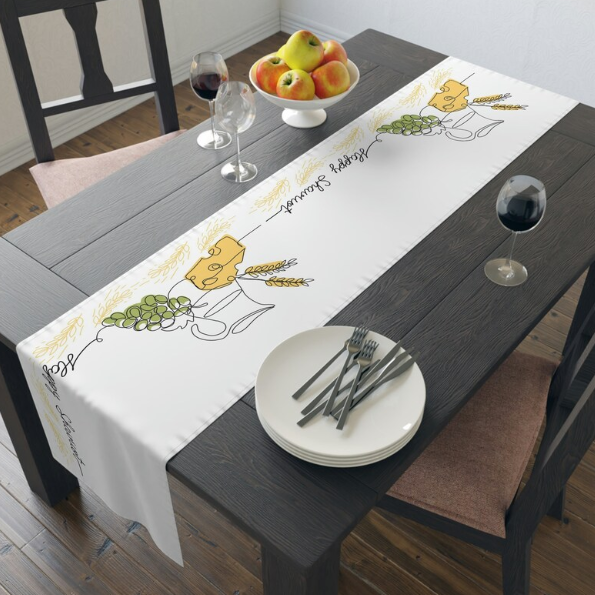There is no specific requirement or tradition to get married during Shavuot. However, there are some symbolic and meaningful reasons why some couples may choose to have their wedding during this holiday.
Shavuot is a Jewish holiday that commemorates the giving of the Torah at Mount Sinai. It is considered a time of spiritual renewal and commitment to the Jewish faith. The holiday celebrates the Jewish people’s acceptance of the Torah and their commitment to living according to its teachings.
For some couples, getting married during Shavuot can be seen as a way to connect their own commitment to each other with their commitment to Judaism and the Torah. It can be a way to symbolize the idea of building a strong and enduring marriage based on shared values and a commitment to a shared way of life.
Want to understand What is Shavuot? Read our page on the basics of Shavuot and some of the most asked questions about this holiday. What is Shavuot and most asked questions
White Shavuot Clothing with Golden Wheat Sheaf for the Feast of Weeks
Additionally, Shavuot is often associated with the idea of love and unity, which are important themes for a wedding. The holiday is sometimes referred to as the “wedding day of the Torah” because of the special relationship between the Jewish people and the Torah. Some couples may choose to get married during Shavuot as a way of celebrating this connection and emphasizing the importance of unity and love in their own relationship.
Ultimately, the decision to get married during Shavuot is a personal one and may have different meanings for different couples. Some may choose to do so for religious or symbolic reasons, while others may simply find it to be a convenient time to have their wedding.
*Rabbi Guy Matalon in the You Tube video above explains clearly the relationship between Shavuot and Weddings.*
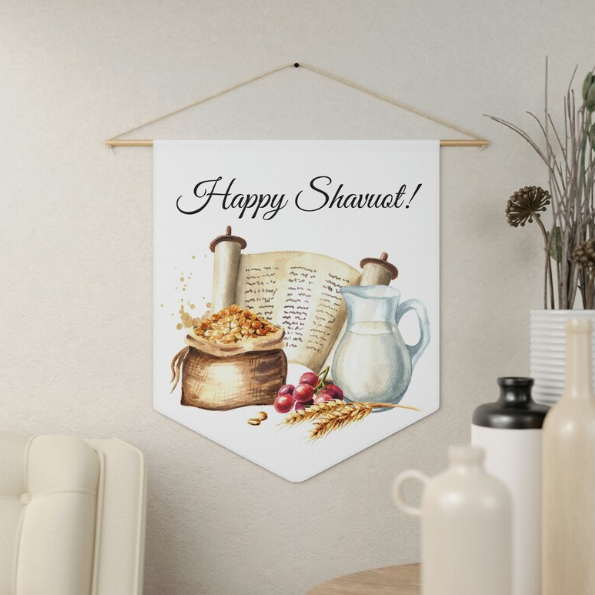
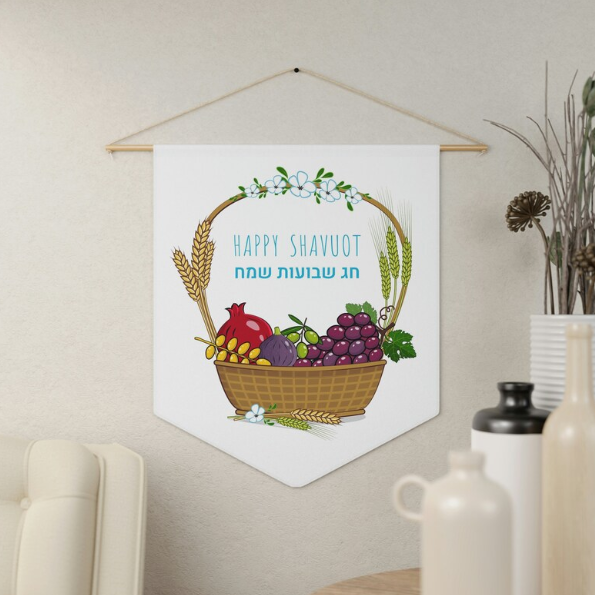
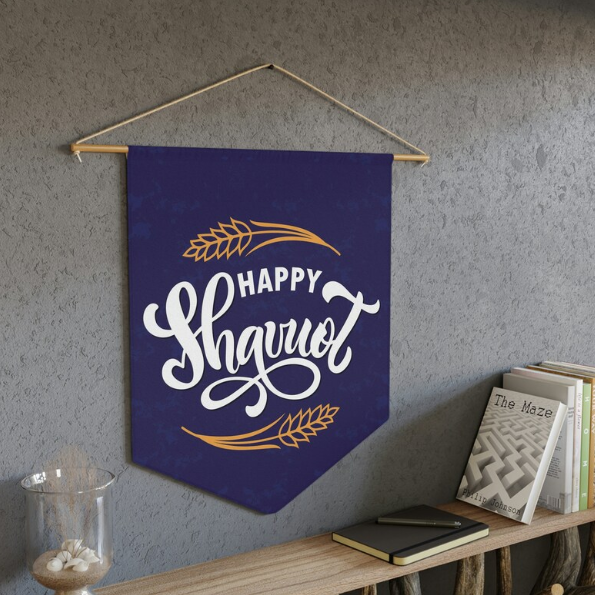
Shavuot and the Book of Ruth
The Book of Ruth is traditionally read during t Shavuot. The book tells the story of Ruth, a Moabite woman who converts to Judaism and becomes the great-grandmother of King David.
There are several reasons why the Book of Ruth is associated with Shavuot:
The story takes place during the harvest season, which is also the time of Shavuot. Shavuot is sometimes called the “Festival of the Harvest” because it celebrates the first fruits of the agricultural season.
The Book of Ruth emphasizes the importance of kindness, compassion, and loyalty, which are values that are central to the Jewish faith. These values are also emphasized during Shavuot, which celebrates the giving of the Torah and the Jewish people’s commitment to living according to its teachings.
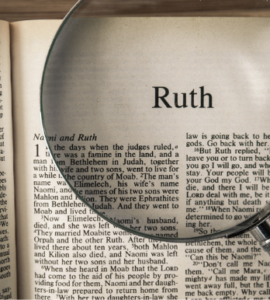
Book of Ruth Ruth’s conversion to Judaism is seen as an example of the power of faith and the potential for spiritual transformation. Shavuot is a time when Jews renew their commitment to the Torah and the Jewish faith, so the story of Ruth’s conversion is a fitting reminder of the importance of personal transformation and growth.
The genealogy at the end of the Book of Ruth connects King David to Ruth, which underscores the importance of continuity and the connection between the past, present, and future. Shavuot is a time when Jews celebrate the continuity of the Jewish people and their commitment to preserving their heritage for future generations.
Overall, the Book of Ruth is a powerful and inspiring story that resonates with the themes and values of Shavuot. It is a reminder of the importance of faith, kindness, loyalty, and continuity, and it is a fitting way to celebrate the holiday of Shavuot.
Why all night learning on Shavuot?
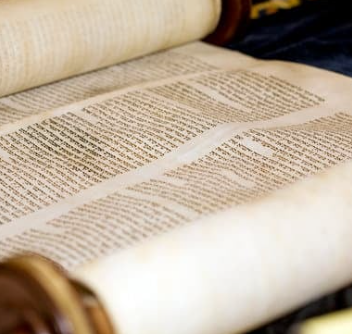
One of the most popular customs associated with the Jewish holiday of Shavuot is the practice of staying up all night to study Torah. This custom is known as Tikkun Leil Shavuot, which means “rectification of the night of Shavuot” in Hebrew. Here are a few reasons why this custom developed:
The giving of the Torah: Shavuot is the holiday that celebrates the giving of the Torah at Mount Sinai. According to Jewish tradition, the Jewish people stayed up all night in anticipation of receiving the Torah from God. The custom of staying up all night to study Torah on Shavuot is a way of reenacting this experience and expressing our eagerness to receive and learn from the Torah.
2. Spiritual preparation: Shavuot is a time for spiritual renewal and growth. By staying up all night to study Torah, Jews can prepare themselves spiritually for the holiday and connect more deeply with the teachings of the Torah.
3. Community building: Tikkun Leil Shavuot is often celebrated in groups, with synagogues and other Jewish organizations hosting all-night study sessions. This custom provides an opportunity for Jews to come together and connect with one another through their shared love of Torah and Jewish learning.
4. Demonstrating commitment: Staying up all night to study Torah on Shavuot is a way of demonstrating our commitment to the Torah and to the Jewish faith. By engaging in this custom, Jews show that they are dedicated to learning and living according to the teachings of the Torah.
Overall, the custom of staying up all night to study Torah on Shavuot is a meaningful way to connect with the holiday’s themes and teachings. It is a way of expressing our eagerness to receive and learn from the Torah, preparing ourselves spiritually for the holiday, building community, and demonstrating our commitment to the Jewish faith.
What are the Shavuot readings?
The traditional readings for the Jewish holiday of Shavuot include the following:
The creation story in Genesis 1:1-2:3 – Emphasis on God’s power and wisdom: The creation story emphasizes God’s power and wisdom in creating the world. This theme is also central to the giving of the Torah at Mount Sinai, which is seen as a demonstration of God’s power and wisdom in revealing the divine teachings to the Jewish people.
- The Exodus and the song at the Red Sea (Exod 14,15) – Emphasis on redemption, Connection to revelation, celebrating God’s power and deliverance:
The giving of the Ten Commandments, as described in Exodus 18-20, – Revelation of the Torah, Spiritual transformation, Connection to community,
The Grand review of the essence of the Torah (Deut 10:12 -11.25)
Connection to the Shema: The Grand Review of the essence of the Torah includes a call to recite the Shema, the central prayer of Jewish worship that affirms the oneness of God and the importance of loving God with all one’s heart, soul, and might. Similarly, the Shema is a central part of the Shavuot liturgy, and it is traditionally recited as part of the holiday celebration.
The Shavuot Pilgrimage?
Shavuot is considered a pilgrimage festival because it was one of the three major holidays in ancient Israel when Jewish people were commanded to make a pilgrimage to the Temple in Jerusalem. The other two pilgrimage festivals were Passover and Sukkot.
In the Torah, Shavuot is referred to as “the Feast of Weeks” or “the Festival of Harvest” (Exodus 34:22, Deuteronomy 16:10). It was celebrated seven weeks (or 49 days) after the second day of Passover, and marked the end of the barley harvest and the beginning of the wheat harvest.
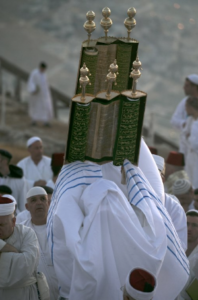
During the Shavuot Pilgrimage, Jewish people from all over the land of Israel would travel to Jerusalem to offer sacrifices in the Temple and to participate in communal celebrations and feasts. They would bring with them the first fruits of the harvest, which were offered as a special offering to God.
The pilgrimage festivals were important events in the Jewish calendar, providing an opportunity for Jews to gather together in Jerusalem, to celebrate their shared history and traditions, and to strengthen their connections to each other and to God. The festivals also reinforced the central role of the Temple in Jewish worship and provided an opportunity for Jews to renew their commitment to Jewish values and ethics.
Today, while the Temple no longer stands, the tradition of pilgrimage during Shavuot is still celebrated by many Jews as they travel to Jerusalem to pray at the Western Wall, the remaining remnant of the Temple. It is also a time for Jews to come together to study the Torah, to participate in communal celebrations, and to renew their commitment to Jewish tradition and values.











